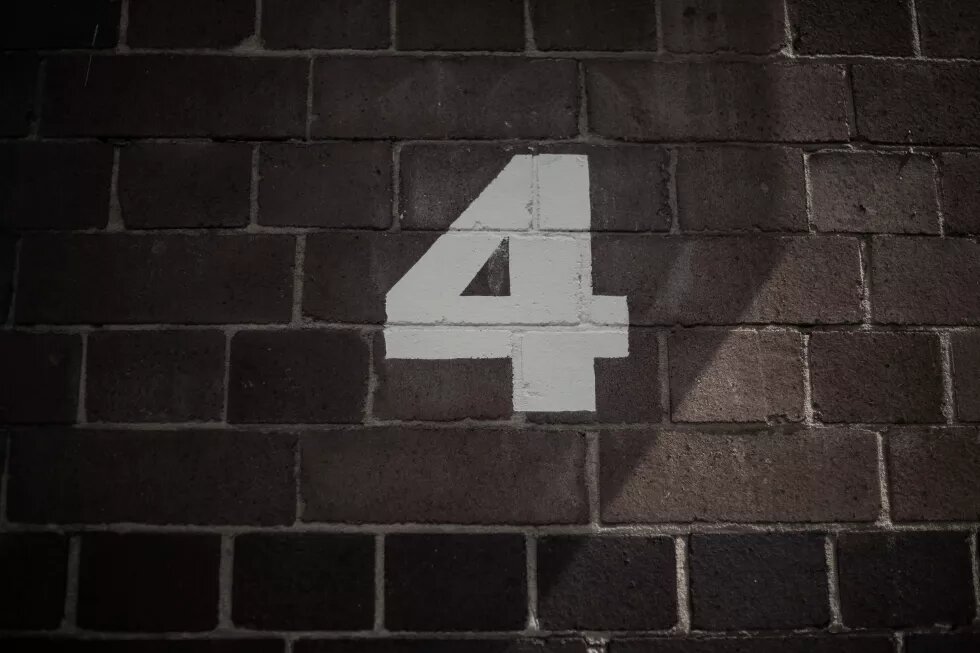White, male, heterosexual and middle-class - all knowledge of education and upbringing is founded on this “quadrinity" inescapably intertwined with us. How can pedagogy become a liberating system of actions that create space for all realities of life?

As educationalists, we tend to continue traditional norms through our pedagogical action. Our university educational programs offer us established tools for the implementation of such work. These are detailed, finely dissected, theoretically grounded, verbalized, yet in many areas subtle and, overall, reinforcing the existing power structures. I’ve been working in adult education for over 20 years, above all focusing on conflict mediation and as a consultant to various organizations, teams and companies on the subject of diversity-oriented and discrimination- critical development. In this time, I have particularly learned that during our learning processes, we receive underlying messages how the idealized human and the normative subject of humanity is understood to be; namely, white, male, heterosexual and middle-class. Our entire knowledge of education and upbringing is founded on this “quadrinity”. Through this doxic-canonist knowledge, pedagogy as a forceful normative science is more a violent “act” or instance of power than a liberating system of actions. The work I do, however, centers on action learning as a means of raising self-enactment. For Black and POC learners, this means having to repeatedly overcome this “quadrinity” and/or constantly being aware of the potential for conflict that lies in this concept-steeped knowledge. Here, the political intersectionality approach is an empowering strategy for Black and POC learners, which helps to cast the focus on the problematic nature of “quadrinity”. I was introduced to Kimberlé Crenshaw by Maisha Auma, and thus also to her theory of intersectionality. I understand Crenshaw’s work on intersectionality as grounds to the need of learning how to understand and concretize to what extent the systems of power and exploitation are intertwined. This entwined perception of interlaced power relations and axes of power brings systematically dehumanized groups into visibility. It makes their multi-barriered paths more tangible, thus enables them to become the subject of public debate and discussion. Crenshaw’s work has helped me to systematize my knowledge of difference-driven messages and to illustrate this knowledge for my pedagogical practices.
Especially in my work with Black and POC learners, it is important for me to grasp our own entanglements. As children, we are impacted by difference-driven messages; our own entanglements predestine us to actively participate in this differentiation work, and thus to bias. For me especially as a non-jurist, Crenshaw’s work represents a significant translation of legal, discrimination-critical target perspectives. Equity is established when legislation also provides protection to those who have to live their lives ‘on the margins’. For me, strikingly simple, accessible, and, at the same time, complex. As Black, queer, gender- independent feminists, there is no mention of us in the pedagogical “quadrinity”. Consequently, we have, de facto, no implementable entitlement to recognition, equity, or opportunities to develop. Complex, because we have consistently had to accommodate this “quadrinity” in us since our very first breath. With its canonically enforced knowledge, and its coloniality, “quadrinity” is inescapably intertwined with us. It has become our second skin. As a result, we internalize a destructive potential from early on to combat against ourselves and act in a (self-) destructive manner. Through constant reflection—emotionally driven and cognitive—which is always geared to self-determination (as no outside perspective is possible), we are nevertheless in a position to destroy “quadrinity” in ourselves and thus to gradually allow it to die. A newly formulated, self- determined-transgressive Black pedagogy[1] presents us with new spaces of opportunity. In these new solidarity spaces, we constantly challenge the extent to which our pedagogical action advances the required destabilization of white, male, heteronormative and middle-class, i. e. a standardization process. In these spaces of self-reflection, we also examine the extent to which our actions makes it possible for us to breathe and creates a space for all realities of life located outside the realms of “quadrinity”.
Through Kimberlé Crenshaw’s work, my personal pedagogical practices are guided by the fact that our actions makes the multi-marginalized, dehumanized, identity-defining sections of our lives visible and perceptible. In doing so, a deeply empathetic pedagogical action is possible. In its implicitness, Black Afro-diasporic pedagogical action is radically geared to the well-being of the We. Its impact is radically aligned to recognition, equity and the realization of development opportunities.
[1] The term ‘Black pedagogy’ was coined and disseminated by Katharina Rutschky (popularized through Alice Miller). In its construct of ideas, Black refers to something negative. As Black educationalists, we are reclaiming this term because it entails a need for pedagogical action that is indispensable for us.